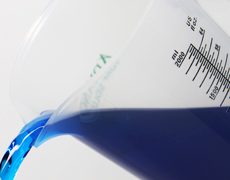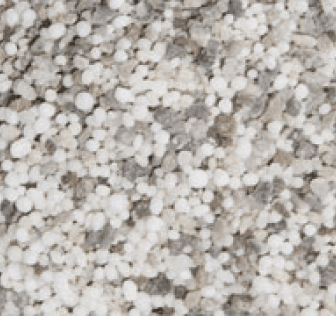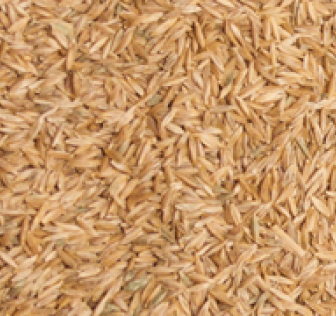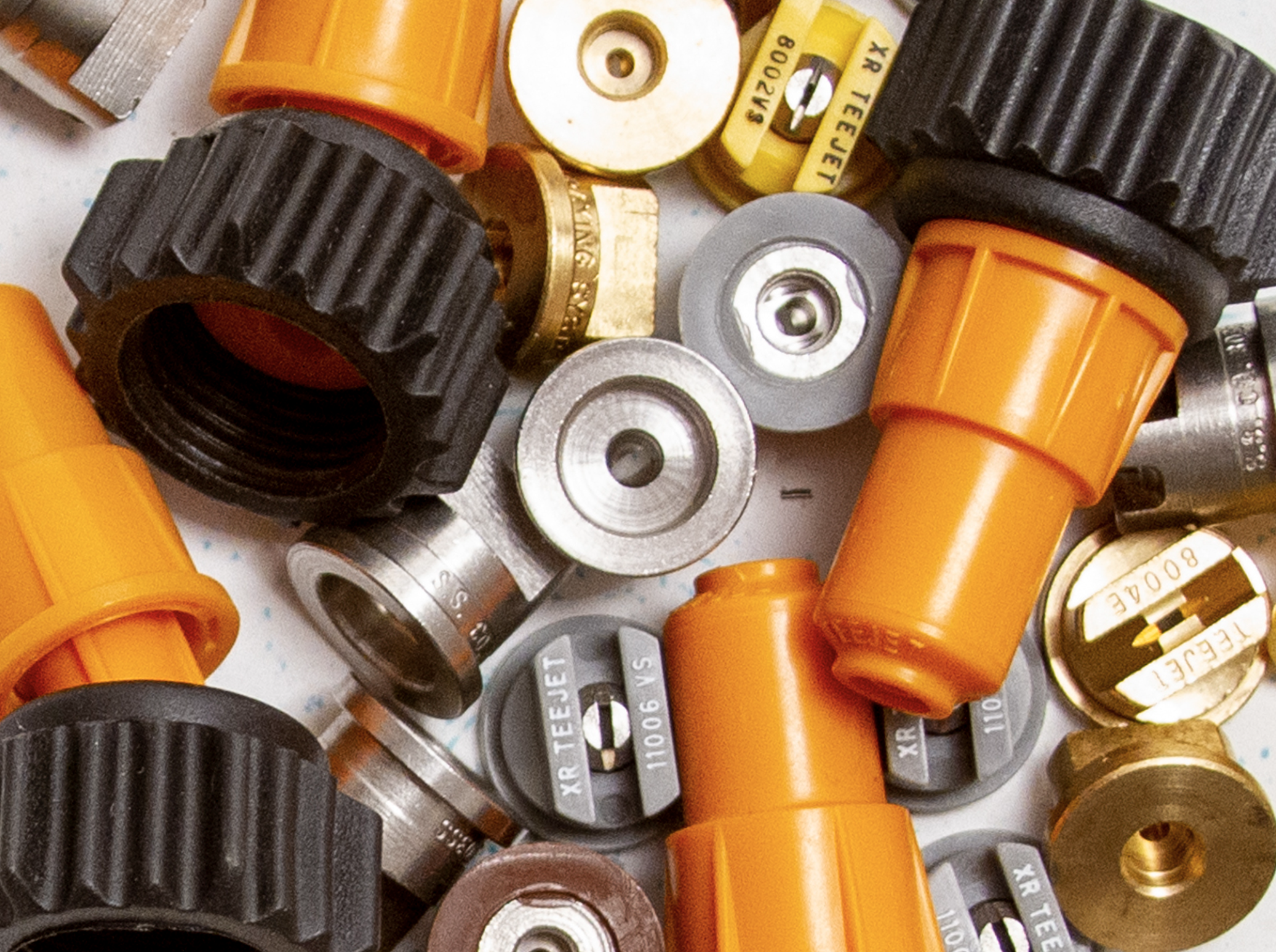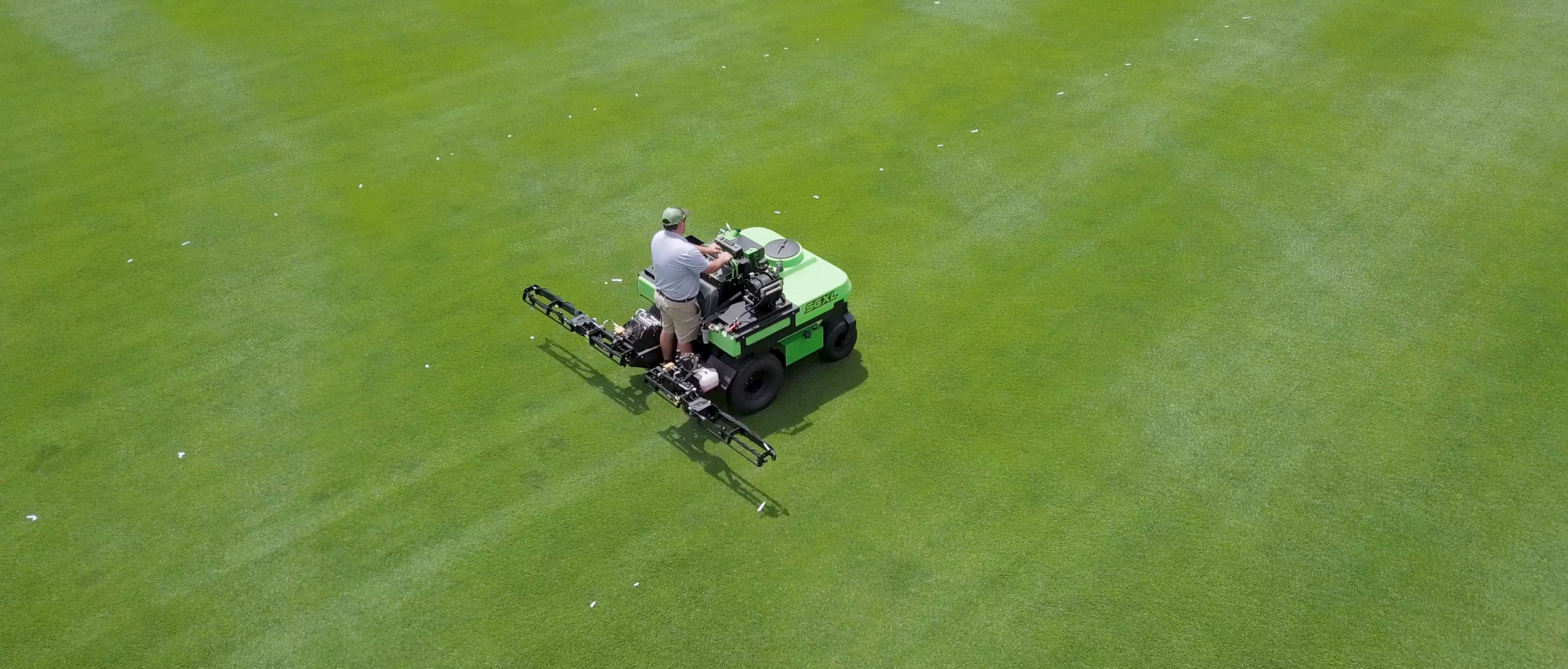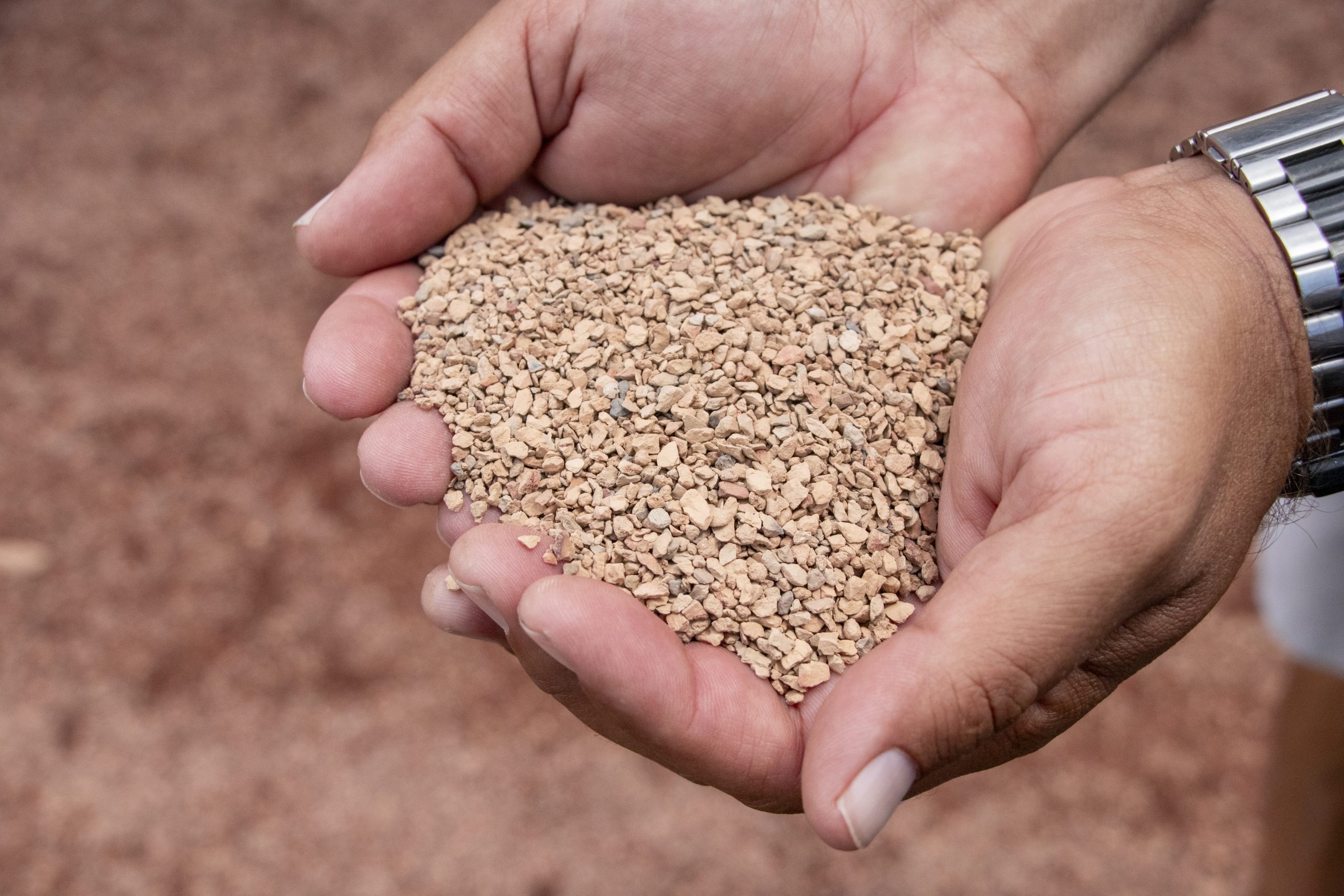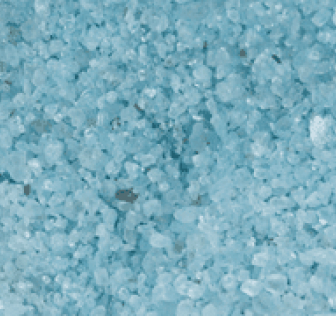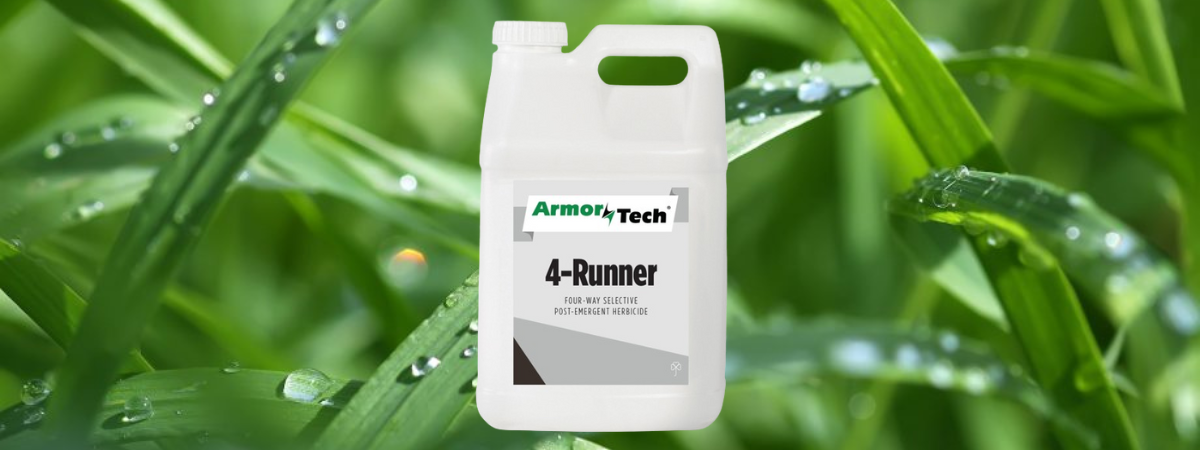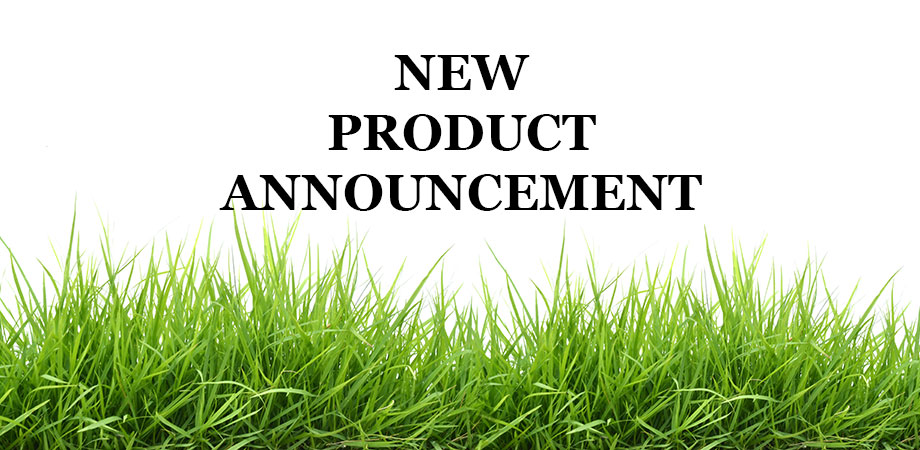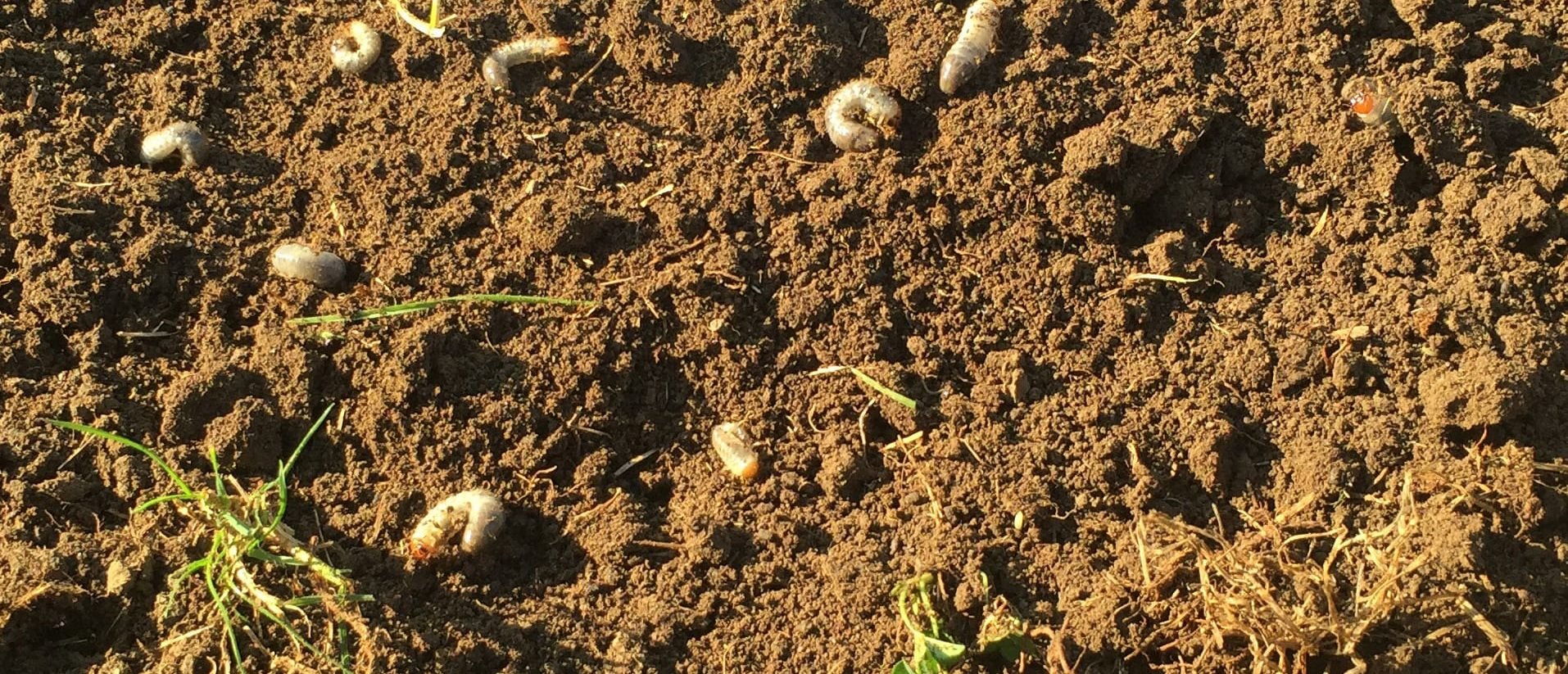Have you ever been disappointed in your pesticide performance? Could it be your water quality?
Can you ever think of a time when your pesticide application, whether it be an herbicide, insecticide, or fungicide, did not perform the way you wanted it to? You, as the applicator, will most likely blame it on the homeowner, and the homeowner will most likely blame it on you. What it could come down to is water quality playing a significant factor in product efficacy. Factors like minerals, pH, temperatures, and solids can impact pesticide performance.
pH Levels
- 7 is neutral
- Under 7 is considered acidic
- Over 7 is considered alkaline
In most cases, herbicides, insecticides, fungicides tend to perform best in slightly acidic conditions with a range of 4.0-6.5.
Water containing high levels of dissolved minerals can reduce herbicide effectiveness. 2,4-D, dicamba, and glyphosate are weak acids that produce a negative charge. These negative charges can bind up with the positive charge of hard water and prevent the herbicide from entering the plant. A product like Precision Laboratories Chem-Stik LpH is a non-ionic spreader sticker that buffers the spray solution to a slightly acidic pH level of 5.0-6.0.
With labor being in high demand, callbacks can eat away at your bottom line. Getting the most out of your spray application is crucial. A simple water test can help build a solid foundation for any spray program. A quote that comes to mind regarding this: without a solid foundation, you’ll have a hard time creating anything of value.
Advanced Turf Solutions works with AgSource Laboratories, a great company that can help with water sampling. Contact your local Advanced Turf rep for more information.

